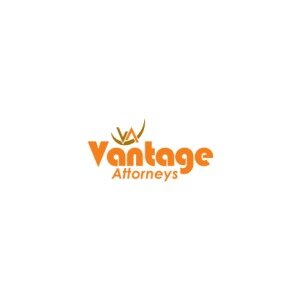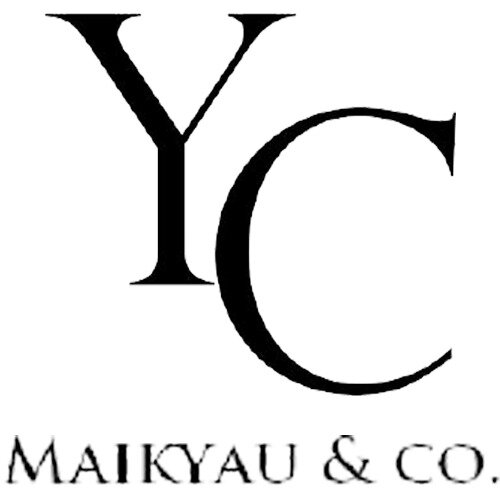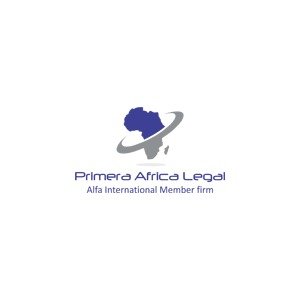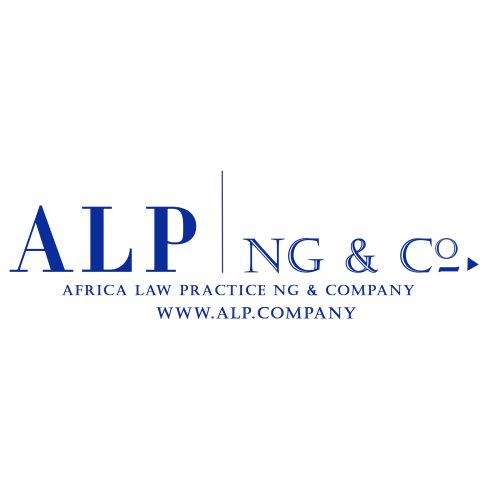Best Renewable & Alternative Energy Lawyers in Abuja
Share your needs with us, get contacted by law firms.
Free. Takes 2 min.
List of the best lawyers in Abuja, Nigeria
About Renewable & Alternative Energy Law in Abuja, Nigeria
Renewable and alternative energy sources, such as solar, wind, hydro, and bioenergy, are increasingly being adopted in Abuja, Nigeria, as part of the nation’s effort to meet electricity demands and mitigate environmental issues associated with fossil fuels. The legal framework governing renewable energy in Abuja encompasses regulations, incentives, and compliance requirements set by federal and local agencies. These laws are designed to encourage investment, regulate safety and environmental standards, foster sustainable practices, and ensure alignment with Nigeria’s international obligations regarding climate change and sustainable energy.
Why You May Need a Lawyer
Seeking legal assistance in the area of renewable and alternative energy can be vital for several reasons. Common situations include:
- Navigating government regulations for setting up renewable energy projects.
- Negotiating and drafting power purchase agreements and other contracts.
- Acquiring permits, licenses, or approvals needed to operate in the sector.
- Resolving disputes related to land use, community rights, or environmental compliance.
- Understanding and accessing government incentives or funding.
- Ensuring compliance with health, safety, and environmental standards.
- Assisting with intellectual property matters related to renewable technology innovations.
Local Laws Overview
In Abuja, renewable and alternative energy activities are governed primarily by national laws and policies, with the Federal Capital Territory Administration often involved in local implementation. Key legal aspects include:
- The Electric Power Sector Reform Act (EPSRA), which mandates industry regulation and encourages private sector involvement in renewable energy.
- Guidelines issued by the Nigerian Electricity Regulatory Commission (NERC) regarding licensing and operation of renewable energy projects.
- Environmental Impact Assessment Act, requiring environmental assessments for energy projects.
- National Renewable Energy and Energy Efficiency Policy, outlining incentives and targets for renewable energy development.
- Land Use Act, which regulates acquisition and use of land for setting up projects.
- Tax and investment incentives for renewable energy projects provided through federal policies.
Frequently Asked Questions
What types of renewable energy projects are most common in Abuja?
Solar energy projects, particularly mini-grid and off-grid installations, are most common due to Abuja's favorable sunlight conditions. There is also growing interest in wind and small-scale hydro projects.
Do I need a license to start a solar energy business in Abuja?
Yes, business operators are required to obtain appropriate licenses from the Nigerian Electricity Regulatory Commission or the relevant local authority, depending on project capacity and scope.
What are the main environmental regulations I should know about?
Energy projects must comply with the Environmental Impact Assessment Act. An impact assessment is typically mandatory before project commencement to evaluate and mitigate possible environmental harm.
Are there incentives for investing in renewable energy in Abuja?
The Nigerian government provides incentives such as tax holidays, import duty exemptions on specified equipment, and funding grants for eligible renewable energy investments.
How does land acquisition work for setting up renewable energy projects?
Land acquisition is regulated by the Land Use Act and may require negotiations with the Federal Capital Territory Administration and relevant local authorities, including obtaining Certificates of Occupancy.
What steps are involved in getting regulatory approval for a new project?
You must apply for relevant permits and licenses, conduct environmental impact assessments, and meet grid connection standards if applicable. Approvals may come from NERC, the FCT administration, and environmental authorities.
Can I generate renewable energy for personal use without a license?
Small-scale, personal renewable energy installations may not require formal licensing, but larger systems, especially those supplying the grid or a community, do require regulatory approval.
How are disputes typically resolved in this sector?
Disputes may arise over contracts, land use, or regulatory compliance and are commonly resolved through negotiation, mediation, or litigation in Nigerian courts or regulatory tribunals.
What risks should I be aware of when investing in renewable energy?
Risks include regulatory changes, delays in approvals, community opposition, land disputes, technology reliability, and currency fluctuations that may affect equipment importation.
How can a lawyer assist with partnership or joint venture agreements in renewable energy?
A lawyer can ensure that agreements clearly define roles, risks, profit-sharing, exit strategies, and compliance responsibilities, reducing potential for future disputes.
Additional Resources
If you need further information or support, consider reaching out to these organizations and government bodies:
- Nigerian Electricity Regulatory Commission (NERC)
- Federal Ministry of Power
- Federal Capital Territory Administration (FCTA)
- Nigerian Investment Promotion Commission (NIPC)
- Rural Electrification Agency (REA)
- Nigerian Energy Support Programme (NESP)
- Renewable Energy Association of Nigeria (REAN)
- National Environmental Standards and Regulations Enforcement Agency (NESREA)
- Clean Technology Hub (for startups and entrepreneurs)
Next Steps
If you require legal assistance in renewable and alternative energy in Abuja, consider taking the following steps:
- Identify your specific legal needs, such as licensing, regulatory compliance, contracts, or dispute resolution.
- Gather all relevant documentation, including project plans, permits, agreements, and correspondence with authorities.
- Seek recommendations for lawyers or firms experienced in energy and environmental law in Nigeria.
- Schedule a consultation to discuss your project and any legal challenges you anticipate.
- Work with your lawyer to ensure ongoing compliance and to proactively address any issues that arise during your project’s lifecycle.
Lawzana helps you find the best lawyers and law firms in Abuja through a curated and pre-screened list of qualified legal professionals. Our platform offers rankings and detailed profiles of attorneys and law firms, allowing you to compare based on practice areas, including Renewable & Alternative Energy, experience, and client feedback.
Each profile includes a description of the firm's areas of practice, client reviews, team members and partners, year of establishment, spoken languages, office locations, contact information, social media presence, and any published articles or resources. Most firms on our platform speak English and are experienced in both local and international legal matters.
Get a quote from top-rated law firms in Abuja, Nigeria — quickly, securely, and without unnecessary hassle.
Disclaimer:
The information provided on this page is for general informational purposes only and does not constitute legal advice. While we strive to ensure the accuracy and relevance of the content, legal information may change over time, and interpretations of the law can vary. You should always consult with a qualified legal professional for advice specific to your situation.
We disclaim all liability for actions taken or not taken based on the content of this page. If you believe any information is incorrect or outdated, please contact us, and we will review and update it where appropriate.

















